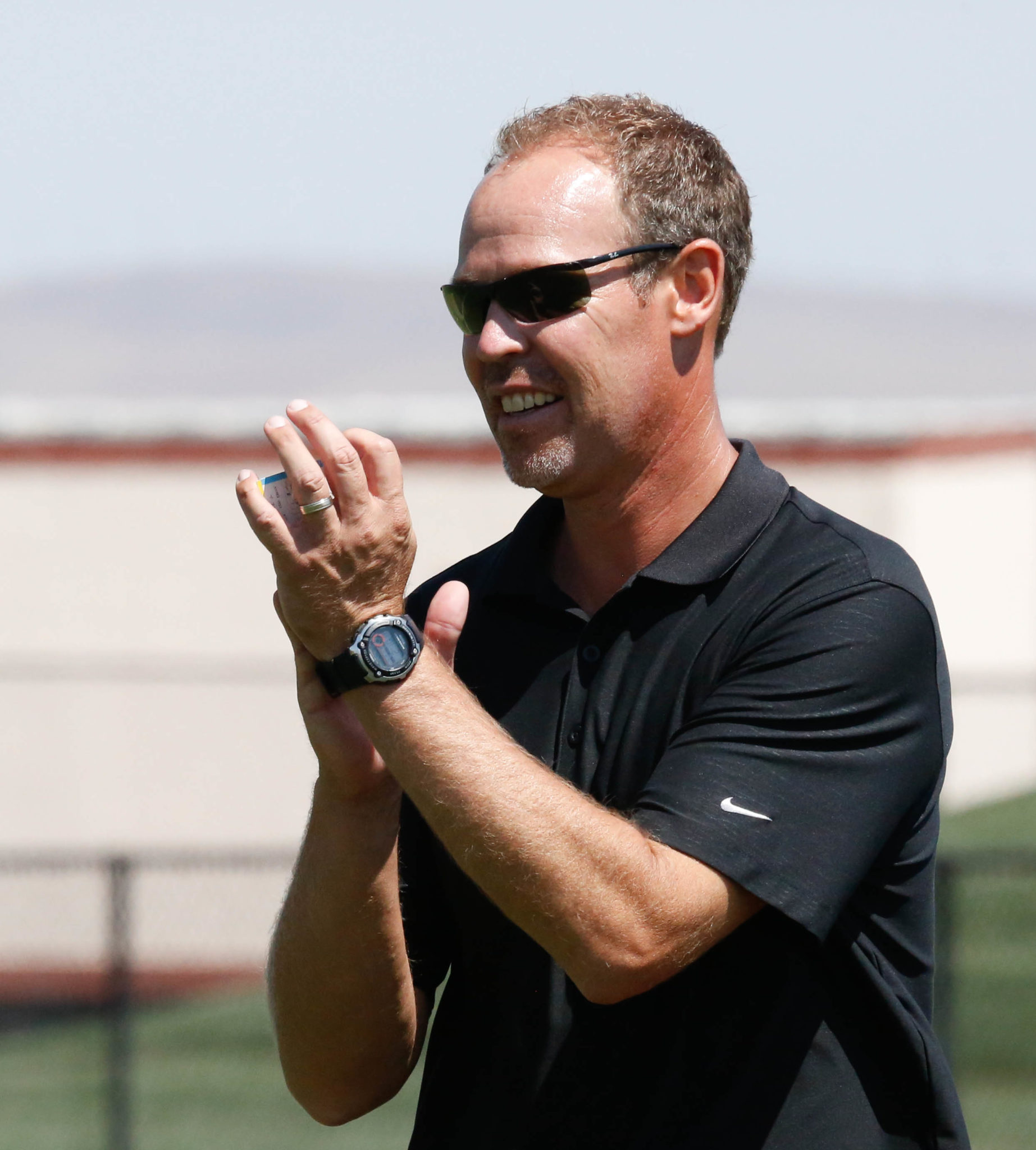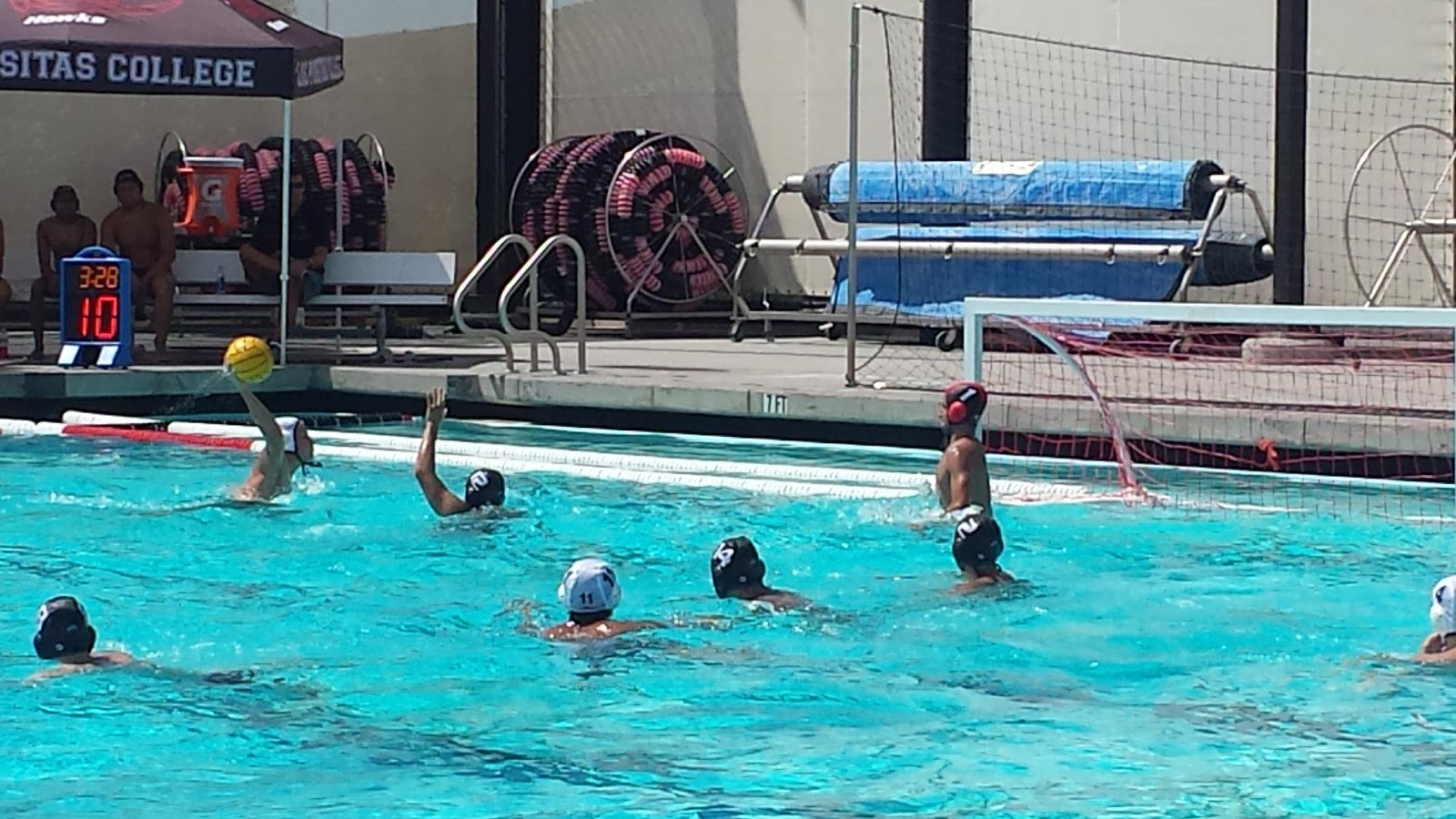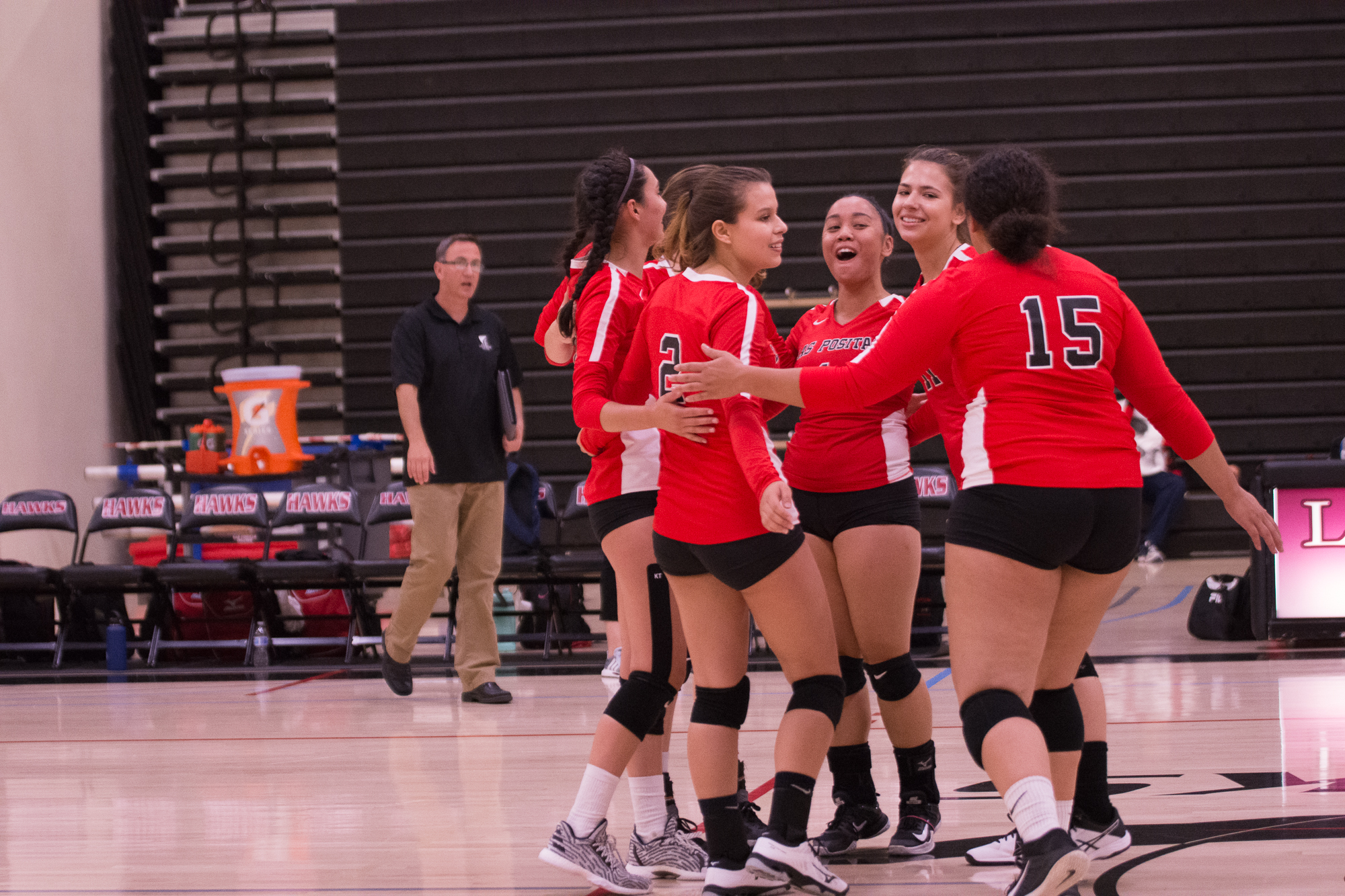The black shirt and slacks were a sharp contrast to the bright indigo hues of the curtain on stage. Dr. Harry Edwards took position behind the podium, placing a hand on either side. His voice was steady, speaking clearly to a silent, listening audience.
Edwards visited Las Positas on Feb. 21, 2019 for Black Student Union’s Black History Month. He is a sociology professor at UC Berkeley and a large part of his career has focused massively on African American participation in professional sports, which was the topic of his seminar, titled “Taking a Knee.”
The motion of taking a knee began when Colin Kaepernick, then-starting quarterback for the San Francisco 49ers. He kneeled during the national anthem in protest of police violence against African Americans and has since been swarmed by controversy. This inspired other public movements and other athletes began following his lead. Edwards spoke on how racism has affected the lives of athletes who have chosen to take a knee in public situations.
Kaepernick, however, wasn’t the only athlete to face backlash. Edwards also specifically noted Ariyana Smith, a volleyball player who laid down during the national anthem. Smith was suspended and her scholarships to Knox College were revoked. He also mentioned Jackie Robinson.He explained that Dr. King wasn’t the first one to preach the non-violence strategy, that 15 years before the non-violent sit ins by students in South Carolina. Jackie Robinson showed that nonviolent direct action worked.
“Jackie Robinson was our Gandhi,” Edwards said. Robinson, the first African American Major League Baseball player, was an example of nonviolent direct action.
“I believe that there is a fundamental strain of decency in the American people that cannot be ignored,” he said. “We may not get it right the first time, but we ultimately are inclined to get it right, but not without struggle, not without cost.”
He solemnly looked out on the crowd and said, “I feel real good about the future of my two grandsons.”




